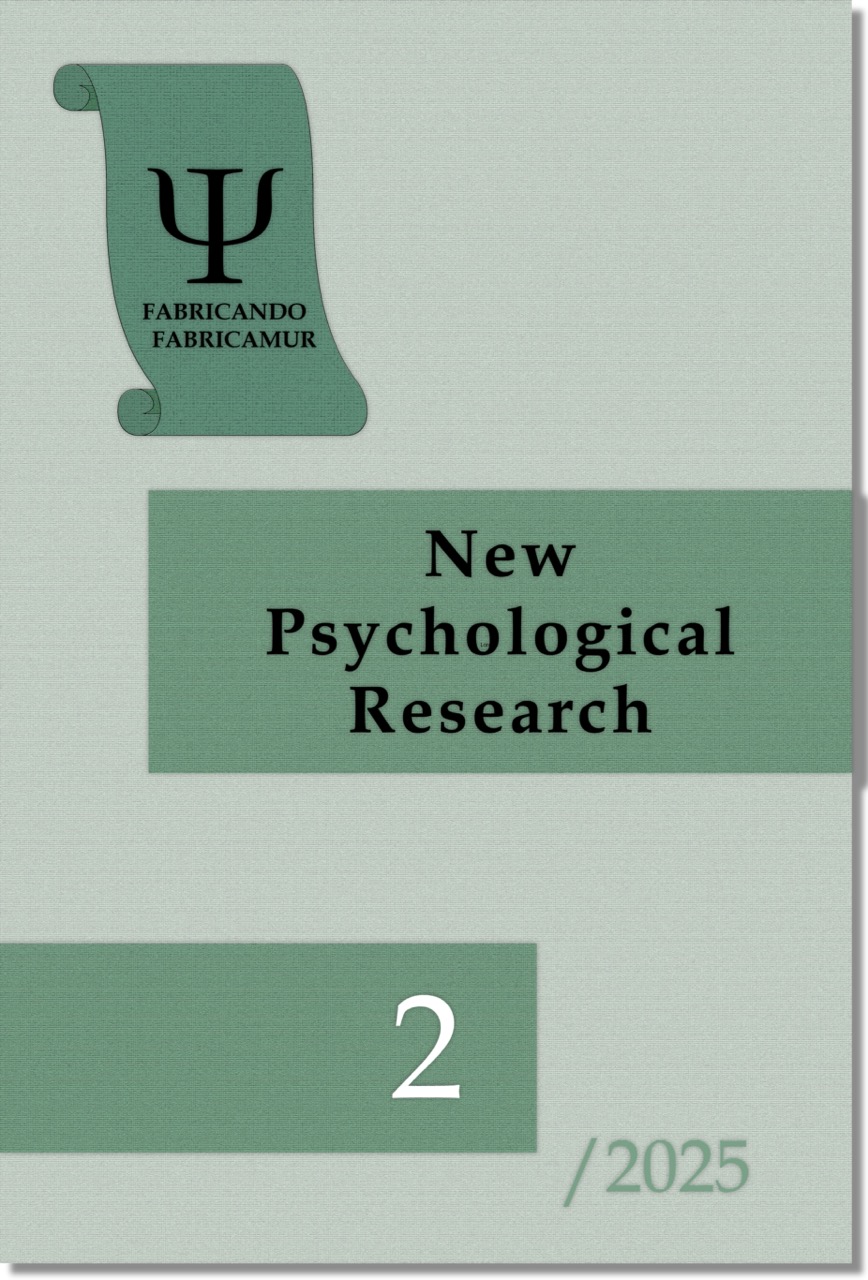
Dear colleagues, I’m glad to present the second issue of our journal.
The current stage of human evolution is called the sixth technological revolution (“Technological Revolution 6.0”) or the sixth technological mode, which is characterized by the rapid development of the Internet, artificial intelligence, robotics, blockchain and others.
Human-centricity as a strategy for organizing social systems is gaining increasing significance in business, education, and public life, as well as attracting growing interest from the academic community.
Banner blindness – a phenomenon where users ignore banner advertisements on web pages – remains a pressing issue in digital interface design. Our study offers a novel perspective on this issue by examining banner blindness in the context of user tasks specificity.
The present article is dedicated to the adaptation of the brief version of the Situational Test of Emotional Understanding (STEU-B) into the Russian language.
In the context of active digitalization of healthcare, patients’ trust in physicians becomes particularly significant, as it directly influences their overall attitude toward medical recommendations, the choice of treatment strategies, and adherence to prescribed regimens.
The purpose of this study was to examine the relationship between life satisfaction with satisfaction with school life, self-control of communication, and having friends among Generation Z and Generation Alpha adolescents.
Qualitative research characterized by emergentism is not often discussed in the academic space. A respondent with a high degree of engagement can act as a partner in qualitative research. In addition to participating in the procedure, which each participant is informed about in advance, they can find information that reveals the material presented as an incentive in a different way and share it with the researcher. In this case, the latter is faced with a dilemma: either stick to the previously intended plan and dismiss what he has heard, or take a closer look at the new, suddenly appeared data and take it into account.
The relevance of the study is determined by both the theoretical need to deepen the understanding of the mechanisms underlying the formation of maternal attitude in the context of raising children with intellectual disabilities and the practical significance in developing support measures for such families.
Schizophrenic spectrum disorders attract the attention not only of psychiatrists, but also of psychologists, especially clinical, sociologists, historians, philosophers, and ordinary people. Both the phenomenology and the genesis, development, and consequences are interesting. This article reflects all the listed elements.
Physicians face high physical and emotional stress on a daily basis and often forget to take care of their own health. This behavior is based on maladaptive attitudes towards health and its evaluation as a resource and tool, rather than an independent value. This is especially characteristic of young physicians who are just beginning their professional journey.
The aim of this study is to examine the clinical and psychological aspects of attitudes toward illness and health among men and women with newly diagnosed drug-sensitive respiratory tuberculosis at the start of chemotherapy.
Katalin Karikó is a Nobel Prize laureate in Physiology or Medicine. She pioneered the modification of nucleoside bases, which became the foundation for mRNA vaccine development. In 2023, she published her book, “Breaking Through: My Life in Science”, an autobiography reflecting on her scientific journey and analyzing the type of thinking that leads to professional success in this field.
This article provides a review of the article by Maurizio Pugno, professor of economics at the University of Cassino (Italy), “Does social media harm young people’s well-being? A suggestion from economic research.”